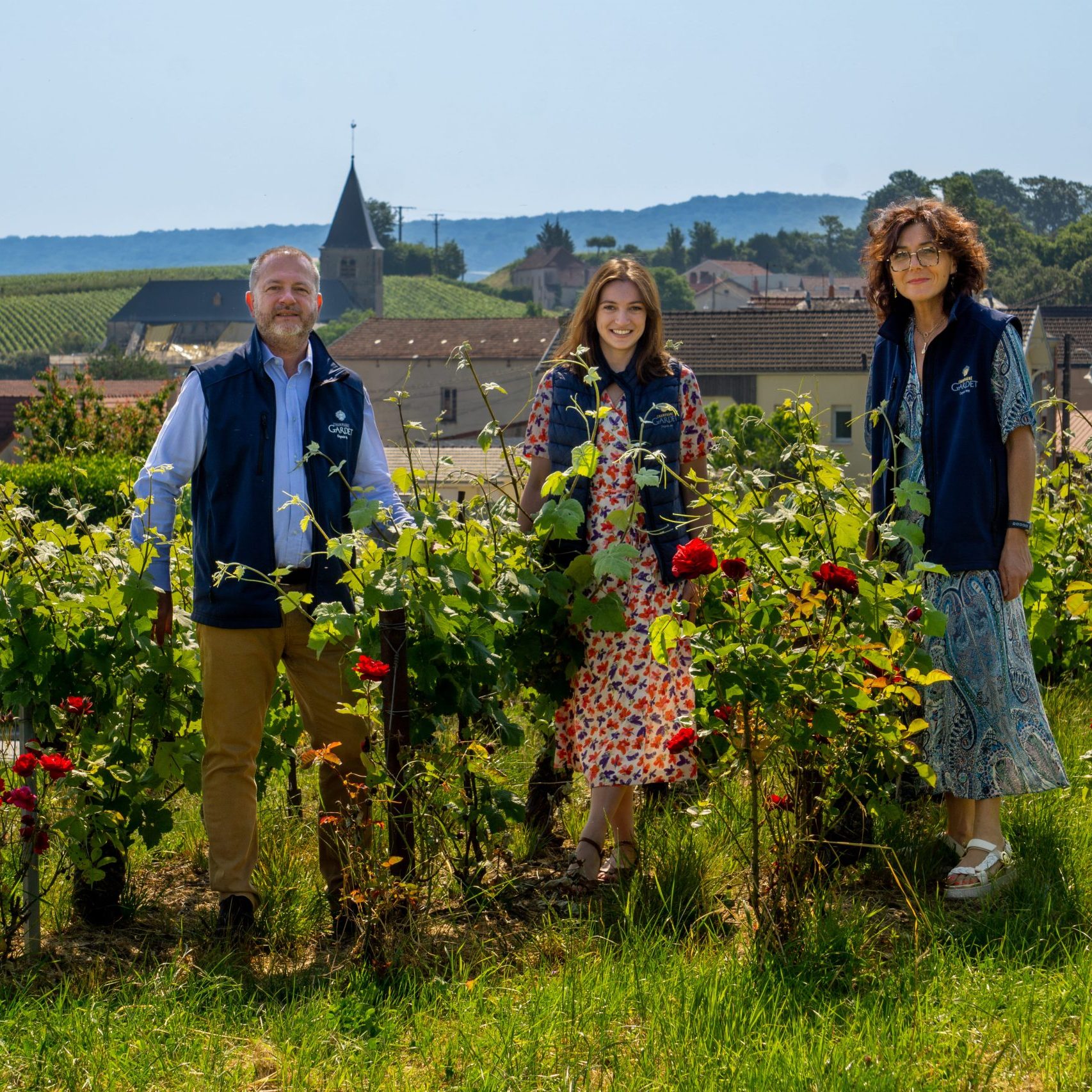Creation pushing to make South African vineyards virus-free
By Darren SmithSouth Africa’s farmers must work together on virus control if high-quality grape production is to be sustained, according to Carolyn Martin of Creation Wines.
Hemel-en-Aarde estate Creation Wines owns one of the first mother blocks of vines established in South Africa in the past two decades (Photo: Creation Wines)
Creation Wines owns the first virus-free mother block of vines in the country since apartheid. The estate is working with South African viticultural body Vititec to eliminate virus problems from vineyards across the country. Chief among them is leafroll virus type 3.
The leafroll virus was discovered in South African vineyards in 1936, but until recently farmers believed it was impossible to eradicate. The disease, which is spread by mealybugs and is generally associated with red varieties, diminishes the quality and volume of the grapes until eventually the vines have to be uprooted.
In 1999, under the guidance of University of Pretoria professor Gerhard Pietersen, Somerset West estate Vergelegen began an ambitious – and ultimately successful – project to eradicate leafroll virus from its vineyards.
Through its mother blocks of vines, Creation is now playing a similarly crucial roll in tackling viruses with the aim of ensuring that high-quality grape production can be sustained not just in its own region of Hemel-en-Aarde but across in South Africa.
“Creation owns the first virus-free mother block that was planted post-apartheid in South Africa,” Carolyn Martin told db. “This is very important in terms of sustainability. The aim is to have older vineyards and to not be pulling out vines at 25 years old.
More news…
South Africa’s fastest-growing grape plantings
Tim Atkin MW reveals 2016 SA Cape Classifications
“The cuttings taken when we do the pruning are used to produce new material for the rest of the country for new plantings, so it’s like a huge nursery which supplies our national nursery, Vititec, with material.
Wines of South Africa has previously highlighted the threat of diminishing sources of top-quality grapes, including from old vines. Economic challenges for farmers can often persuade them to uproot vines for other plantings that promise better returns. However, arguably a bigger problem is the control of diseases such as leafroll.
“A great deal of work is being done in South Africa to eliminate leafroll virus and the quality of our vineyards are improving,” Martin added. “Therefore we are improving the quality of our wines and have the opportunity in the future to have more older vineyards.
“It’s only recently that South Africans have become aware that viruses is not an optimal situation.”
Prof Gerhard Pietersen in the vineyard at Vergelegen
Making South Africa’s vines virus-free
South Africa’s national vine nursery, Vititec, has in recent years enjoyed remarkable success in its bid to eradicate the leafroll virus from the nation’s vineyards.
Vititec is an affiliate of Vinpro, South Africa’s service organisation for wine producers, and supplies as much as 95% of new plant material in South Africa. It looks after around three million vines in mother blocks, which it replenishes each year.
Partner Content
Nico Spreeth, the organisation’s CEO, has worked as a viticulturist for 37 years. He told db that the Hemel-en-Aarde valley area was of vital importance to the work of Vititec, being home to a number of foundation, or mother, blocks, containing around 500,000 virus-free plantings.
“We try to keep that whole area free from leafroll infection,” he said.
Citing the case of Vergelegen, Spreeth told the drinks business that its vineyards are now 13 years old and, in a sign of the effectiveness of Vititec’s virus control protocols, this year Vergelegen removed just nine vines from around 52,000 originally planted.
The impetus for change
The impetus to eradicate the leafroll virus came from the breakthrough work of Professor Gerhard Pietersen from the University of Pretoria Agricultural Research Council.
Since his success in South Africa with Vergelegen, he has begun consulting on virus control in New Zealand, Golan Heights, Israel and Davis, California, with a number of producers around the world now adopting his protocol in order to eliminate leafroll.
Jean-Claude Martin tends the vines on Creation’s 40ha estate (Photo: Creation Wines)
“The research done in South Africa on leaf roll is in a very good, stable stage,” said Spreeth. “We have answers now on how to control it. Next you need the grower to apply it.
“If you don’t control it, if you plant a new vineyard and you get infection from another vineyard, it will double every year, so in six or seven years’ time, the block will be 100% reinfected.
“The benefit [of virus control] for the farmer is that he can keep his vineyard for a longer period. To replant a vineyard now in South Africa takes around ZAR140,000 (£8,000), so by controlling the leafroll in the blocks like JC Martin [husband of Carolyn, and winemaker/viticulturist at Creation] has done at Creation, you can extend that life expectancy of the vineyard for up to 40 or 50 years.
“That’s why André van Rensburg at Vergelegen is looking forward that in the next seven years his vineyards will be 20 years old, so they will be more in balance and better quality.
“So the future old vineyards in SA will be those of Vergelegen and Creation and that area.”
Spreeth estimates that around 30% of plantings in South Africa are currently free from leafroll. He would like to see the country increase its virus-free plantings to 50% in the next 10 years, but admits that this is dependent on the collective will of growers around the country.
“It’s working,” he concluded. “It’s a long process but once we break through you will get to a point where everyone uses the protocol and we can get leafroll out of our system.”




